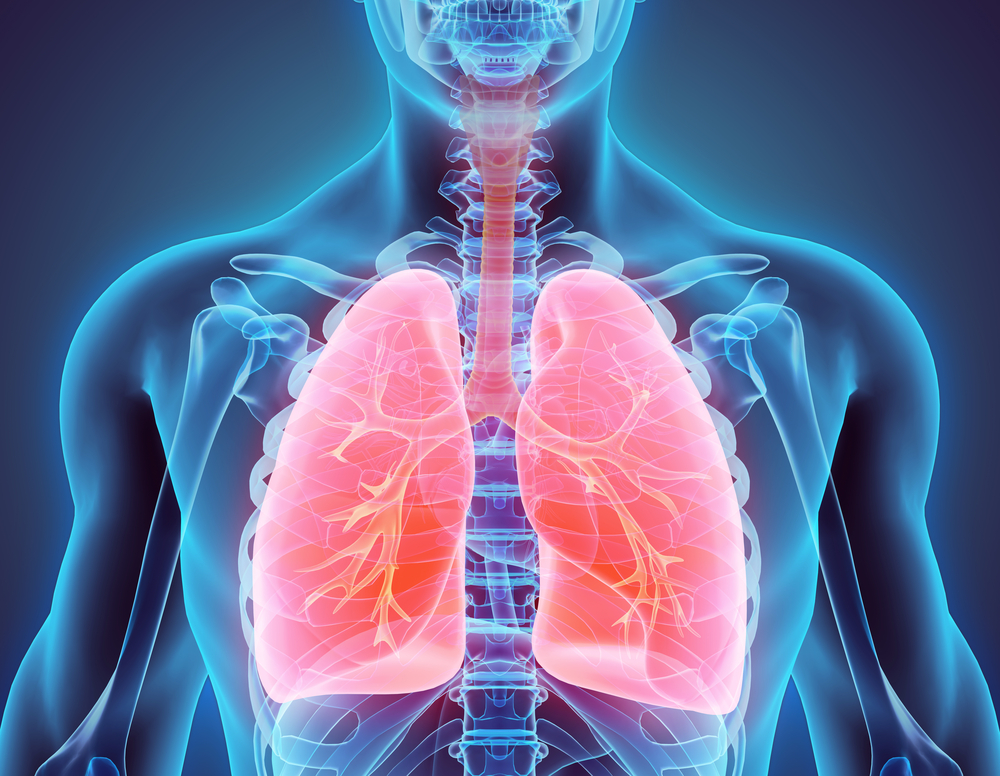PAH Therapies Don’t Increase Risk of Respiratory Infections, Chinese Study Shows

A retrospective study showed that pulmonary arterial hypertension (PAH)-specific drug therapies do not raise the risk of respiratory tract infections (RTIs).
The Chinese study, “Incidence and risk of respiratory tract infection associated with specific drug therapy in pulmonary arterial hypertension: a systematic review” appeared in the journal Nature Scientific Reports.
Although PAH has no cure as yet, scientists have developed several drugs targeting specific proteins or pathways involved in the disease. These therapies were shown to significantly improve symptoms and exercise capacity, and to delay disease progression.
However, frequent respiratory tract infections during PAH treatment are seen as a significant factor leading to disease progression. Some effects of PAH-specific drugs, such as pulmonary vasodilation, may increase the risk of infection in the lungs. A systematic review analyzing the risk of RTI in patients receiving specific drug therapy was lacking.
To fill that gap, Chinese researchers retrospectively analyzed the prevalence of RTI in 6,307 PAH patients receiving specific therapies or placebo, from 24 randomized controlled trials.
The analyzed data included the therapies Ventavis (iloprost), Tyvaso (treprostinil), Tracleer (bosentan), Volibris (ambrisentan), Opsumit (macitentan), Revatio (sildenafil), Adcirca (tadalafil), Adempas (riociguat) and Uptravi (selexipag), as well as a combination treatment of Volibris and Adcirca.
RTI was reported in 19.4 percent of patients under PAH-specific drug therapy. However, the overall results showed that the risk of RTI was not significantly higher in patients receiving PAH therapies compared with placebo (21.1 percent).
None of the therapies showed increased risk of RTI in PAH patients compared to placebo. Researchers also found no significant difference in RTI incidence when comparing single to combination therapies.
RTI diagnosis can be challenging in patients with heart failure, due to similar symptoms. For this reason, long-term observation studies are needed, based on real-world experience, to rate RTI incidence.
“This is the first meta-analysis to assess the risk of RTI in PAH-specific drug therapy,” researchers concluded. “The present study showed that specific drug therapy did not increase the risk of RTI in PAH. Whereas, RTI in PAH patients is still worthy of clinical attention and intensive anti-infectious treatment should be considered.”







